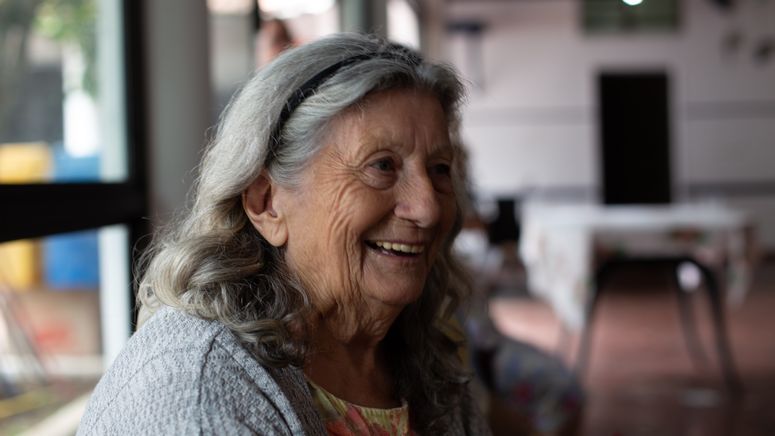Being a carer is time-intensive, so it’s understandable that you need a break sometimes. Respite care, as the name suggests, is a service that fills the gap when the regular carer is unavailable – such as needing time off or dealing with unforeseen circumstances like illness or an accident.
There are different types of respite care- residential, community and emergency, and the care can be only for a few hours, or a few days or weeks.
Both planned for and unexpected respite care is covered, with up to 63 days of subsided care available in a financial year (this can be extended if approved by your aged care assessor).
Residential respite care
Residential respite takes place out of the home, in an aged care home. This type of respite care can be accessed for several days or even weeks.
As the person will be supported by the centre staff, this is the most appropriate care for someone who needs help with daily tasks, such as showering, going to the toilet and getting dressed. They will be able to access the facilities given to permanent residents and be looked after around the clock.
Community respite care
Community respite care is more suitable for planned, short periods of time. Unlike residential care, this is a more of an occasional arrangement and allows the carer to have time off during the day or overnight. It is also more appropriate for a person who can generally do most tasks themselves but need support for some activities.
This community-based care can take place in day or residential settings and generally includes outings and activities.
Emergency respite care
If the carer becomes unwell – and in the case of coronavirus, needs to isolate – they will need a back-up arrangement. An urgent situation could pop up in which there’s little time to organise care.
This is where emergency respite care comes in. It provides care for the time it takes either for the carer to return or for a new arrangement to be made if they are no longer available.
Emergency care can be undertaken in the home if the person is able to live somewhat independently. If they aren’t (for instance if they have significant health or mobility issues) then the care will be residential.
It’s a good idea for carers to complete an emergency plan, containing information such as emergency contacts and list of medications, ahead of time. You can download a template from the Carer Gateway. It’s also worthwhile saving the number for Carer Gateway’s 24/7 emergency care hotline in your phone: 1800 422 737.
Frequently Asked Questions
What should I include in a respite care checklist?
A: A checklist should cover medical information, medications, personal items, dietary needs, emergency contacts, and care preferences. It helps ensure a smooth transition into care.
How do I find the best respite care provider near me?
A: Use aged care directories like DailyCare.com.au to compare providers based on location, services and availability. You can also ask for recommendations from your GP or ACAT assessor.
How long can someone stay in respite care?
A: Government-subsidised respite care typically allows up to 63 days per financial year, with possible extensions. Private arrangements may offer more flexibility.




